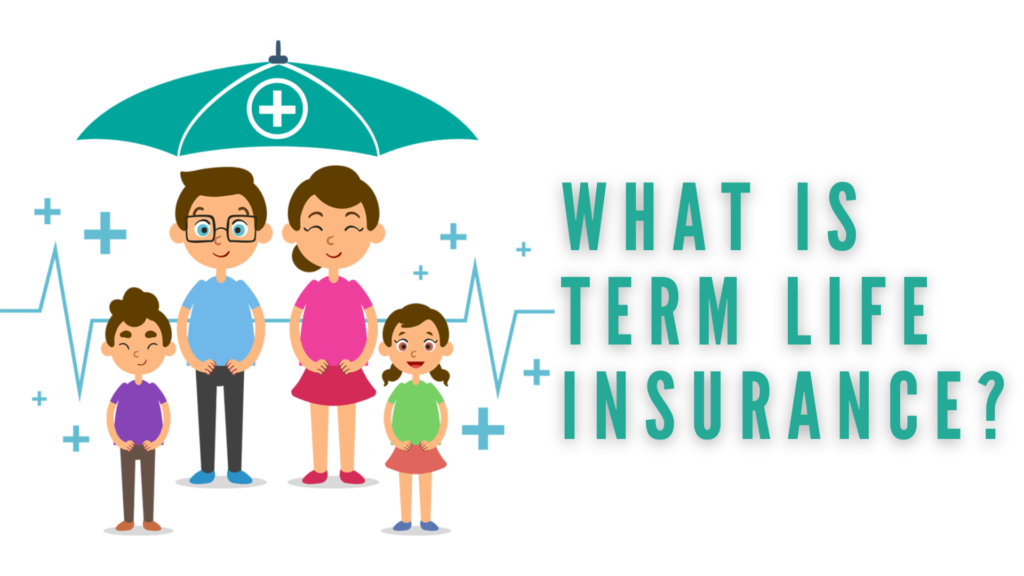
What Is Term Life Insurance?
Term life insurance is a financial product designed to provide a financial safety net for your loved ones in the event of your death. Unlike permanent life insurance policies, which offer coverage for your entire life and often include a savings or investment component, term life insurance provides coverage for a specific period, typically ranging from 10 to 30 years. It’s a straightforward and cost-effective way to ensure that your family’s financial needs are met if you were to pass away prematurely.
- Definition: Term life insurance works by paying out a death benefit to your beneficiaries if you die during the term of the policy. You pay regular premiums to the insurance company, and in exchange, they agree to provide a lump-sum payment to your beneficiaries upon your death. This money can be used by your loved ones to cover expenses such as funeral costs, outstanding debts, mortgage payments, or everyday living expenses.
- Myth: One common misconception about term life insurance is that it’s a waste of money because it doesn’t build cash value like some other types of life insurance. While it’s true that term life insurance doesn’t accumulate cash value over time, it serves a different purpose. Term life insurance is primarily designed to provide financial protection for a specific period, such as the duration of a mortgage or until your children are financially independent. It offers straightforward coverage without the complexities of investment components, making it a practical choice for many individuals and families.
Benefits of Life Insurance
- Affordability: Term life insurance is typically more affordable than permanent life insurance policies, making it accessible for individuals and families on a budget. Since term life insurance provides coverage for a set period, the premiums are often lower compared to permanent policies, which can have higher premiums due to their cash value component.
- Flexibility: Term life insurance offers flexibility in terms of coverage duration. You can choose a term that aligns with your financial obligations, such as the length of your mortgage or until your children are grown and financially independent. This flexibility allows you to tailor your coverage to your specific needs and financial goals.
- Simple Coverage: Term life insurance provides straightforward coverage without complicated investment components. There are no cash value accumulations or investment decisions to make, which makes it easy to understand and manage. You simply pay your premiums and have the peace of mind knowing that your loved ones will be financially protected if something were to happen to you.
- Income Replacement: One of the primary purposes of term life insurance is to replace lost income for your beneficiaries if you were to pass away during the term of the policy. The death benefit can help replace your salary or wages, ensuring that your loved ones can maintain their standard of living and meet their financial obligations, such as paying bills or saving for college.
- Debt Protection: Term life insurance can also provide protection against outstanding debts, such as mortgages, loans, or credit card balances. If you were to die unexpectedly, your beneficiaries could use the death benefit to pay off these debts, preventing them from inheriting financial burdens. This can provide valuable peace of mind knowing that your loved ones won’t be left with unpaid debts if something were to happen to you.
In summary, term life insurance is a cost-effective and flexible way to provide financial protection for your loved ones. While it may not accumulate cash value like some other types of life insurance, its simplicity and affordability make it a practical choice for many individuals and families. By understanding the benefits of term life insurance and dispelling common myths, you can make an informed decision about whether it’s the right option for you and your family’s financial needs.

1 thought on “What Is Term Life Insurance?”